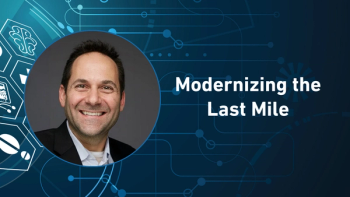
- Pharmaceutical Commerce - January/February 2012
FDA offers draft guidance on unsolicited requests for off-label drug information
The basic principle is: say as little as possible in public—and document what is said privately
At the end of December, FDA’s Office of Prescription Drug Products (OPDP) issued draft guidance on off-label communications, with a particular emphasis on when such requests might arise in digital forums like social media sites. However, as Lori Leskin, a partner at the New York law firm Kaye Scholer LLP, specializing in product liability, points out, “This is not the broad-based guidance on social media that everyone in the pharma industry is waiting for—but it does address a small piece of it.”
FDA’s
For public unsolicited requests, while OPDP notes that “it can be in the best interest of public health for a firm to respond to unsolicited requests for information about off-label uses of a firm’s products … especially since other responders may not provide or have access to the most accurate and up-to-date medical product information,” it still recommends that manufacturers do nothing more than to provide contact information for the firm, and then handle any subsequent communications the same way a non-public request would be.
Kaye Scholer’s Leskin points out that not only is this “not much of a change” from prior, pre-Internet situations, and that merely acknowledging publicly that there is information available on off-label use could open up a company to liability litigation; so the upshot of this guidance could be simply to keep industry muzzled when it comes to public forums. Moreover, no distinction is made between forums of healthcare practitioners and those of the general public; whether a more open discussion could occur at a physician-only site is an “unanswered question.”
Articles in this issue
almost 14 years ago
Manufacturers are reviving their serialization plansalmost 14 years ago
HDMA updates its barcode guidance for wholesaler membersalmost 14 years ago
UPS Healthcare Logistics adds to network with an Italian acquisitionalmost 14 years ago
Gartner 2011 Healthcare Supply Chain Top 25 puts Cardinal Health at No. 1Newsletter
Stay ahead in the life sciences industry with Pharmaceutical Commerce, the latest news, trends, and strategies in drug distribution, commercialization, and market access.




